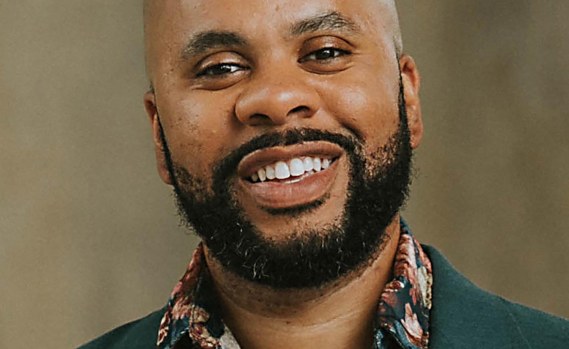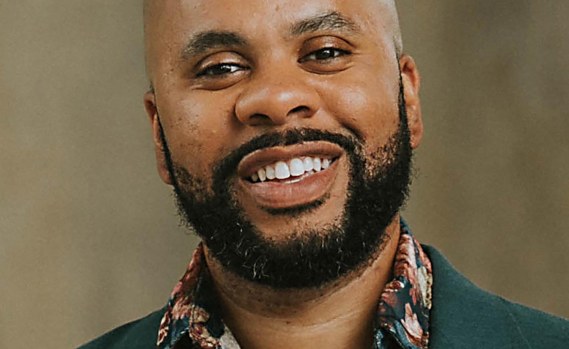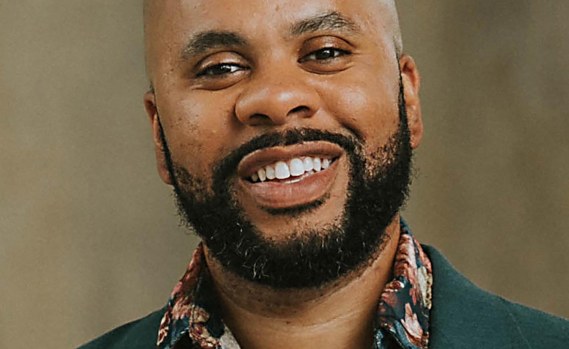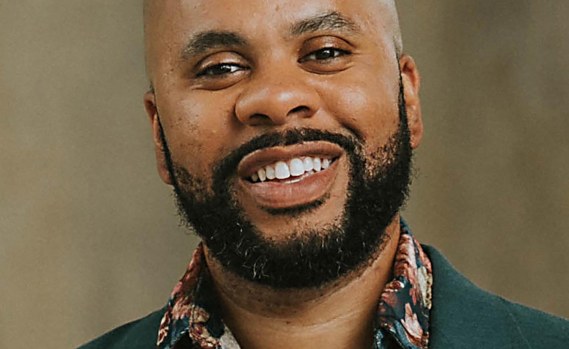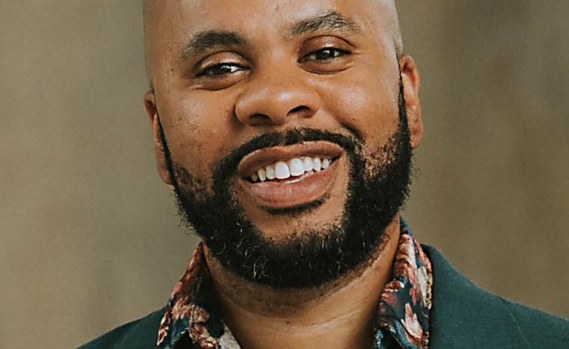To Eric,I’ve been divorced from my ex-husband for over 20 years. We meet at family events and treat each other with the same courtesy and friendliness as I show his fiancée, who goes to all of them.
We didn’t get married again. Although they don’t live together, he and this woman have been together for many years.
My ex wanted the family to call his girlfriend Nonna when our sons (a boy and a girl, now 9) were born. Our sons quickly dispelled that notion, claiming that their kids have a grandma and that, out of respect for their mother and especially to avoid confusing the kids, they would call his girlfriend by her first name.
Recently, my daughter-in-law and I were discussing my 9-year-old grandson while I was at one of my sons. She was reciting a comment made by my grandson, who called my ex-husband’s girlfriend Nonna.
I said, “Is he now calling his grandfather’s girlfriend Nonna?” Neither he nor anybody else in the family had ever done so before. “Yes,” she said.
I replied right away that I didn’t feel comfortable with that and that it really irritates me because I’m obviously still alive. (And don’t make any plans to travel anytime soon.)
I would like to know whether there is an unspoken norm that applies to grandmothers who are still alive and have a close relationship with their grandchildren and their grandfather’s girlfriends who wish to share that unique title. (Incidentally, the girlfriend in question is already sick of her own grandchildren.)
Nonna Carissima
To Nonna, please: The issue with unwritten norms is that—you got it—they aren’t documented in writing, so circumstances and time tend to change them.
Your son and daughter-in-law respected your explicit preference, but for some reason, things have changed.
I can’t say for sure, of course, but it’s possible that your grandson has begun to refer to grandmother figures in general as Nonnas and is using the phrase as a general term rather than as a name that specifically describes you.
It would have spared some distress if any of the adults involved had offered an option (Oh, I’m Nonna Stephanie, or whatever). However, they didn’t in some way.
Try to reinterpret the current state of affairs. Your bond with your grandchild is still exceptional and one-of-a-kind. You won’t be forgotten or replaced. I am aware that the name holds great value for you, but keep in mind that, like with Grandma, Grammy, or any other name, he will always be able to tell which one he is referring to when he uses it, and that each relationship’s past, present, and future will always be unique.
To Eric,Two of my friends have hearing impairments. Despite having hearing aids, one of them gave them back. Despite having them, the other person refuses to wear them.
They can’t seem to determine if someone else is speaking, so they constantly interrupt and talk over each other.
They constantly asking me to speak up, but when I do, they complain, which irritates me so much. Everyone else understands me perfectly, but they accuse me of mumbling.
I have to keep saying the same thing, louder each time, until they say, “Don’t yell at me!”
I keep reminding them that they shouldn’t be upset when I eventually get to a volume they can hear if they keep requesting me to speak up until they can hear me. What do you think?
Bringing Up Voices
To All Voices: Dealing with hearing loss can be challenging. Sometimes it’s a pride issue; sometimes folks have become accustomed to getting by and are unaware of how much they’re missing. Convincing buddies who haven’t discovered the ideal medical remedy to maintain trying might be challenging.
Related Articles
-
Daily Horoscope for July 27, 2025
-
Miss Manners: They say I look like this actress, and I don t think it s a compliment
-
Asking Eric: Volatile friend doesn t care how busy my life is
-
Daily Horoscope for July 26, 2025
-
The Savings Game: How to buy an annuity
However, discuss what you’re seeing with them in a casual setting and urge them to see an audiologist—possibly a different one than the one they previously saw. Remind them that using hearing aids can help lower the rate of cognitive decline in older persons by up to 50%, and that hearing loss is linked to an increased risk of dementia, according to the National Institutes of Health.
Additionally, by enabling people with hearing loss to interact more effectively with others and their environment, hearing aids can lessen social isolation. Like all medical treatments, there are a lot of advantages, but it may take some time to become acclimated to them.
Maybe by concentrating on their ongoing health and well-being, you’ll show them that you’re not just whining for the sake of whining, but that you genuinely care about their friendship and well-being.
Contact R. Eric Thomas with inquiries at [email protected] or by mail at P.O. Box 22474, Philadelphia, PA 19110. Get his weekly email at rericthomas.com and follow him on Instagram at @oureric.
